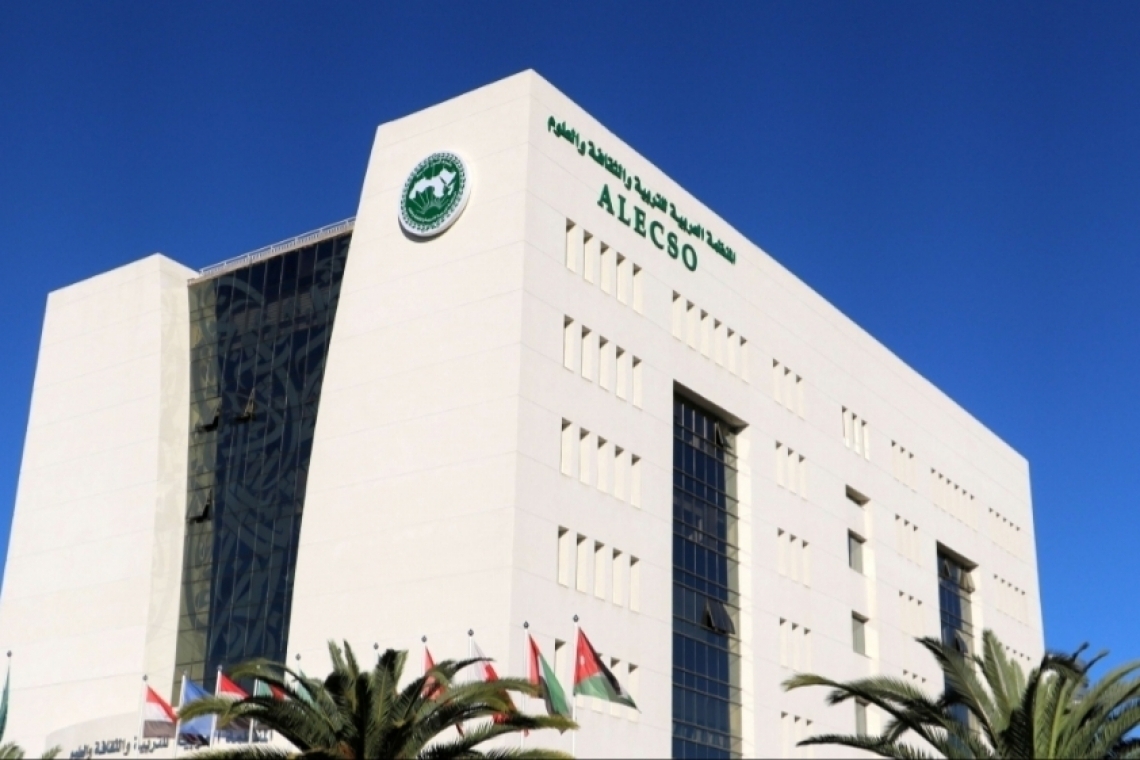On April 4th of each year, the Arab League Educational, Cultural and Scientific Organization (ALECSO) celebrates the “Arabic Manuscript Day”.
This celebration, which carries this year the theme of “Arabic Manuscripts: The Life of a Nation and the Vanguard of Civilization”, offers a renewed opportunity to highlight the rich cultural heritage of Arab countries.
The Arabic manuscript is a cultural legacy treasured by Arab countries, serving as the Nation’s historical, intellectual, and social memory. It is a bridge between diverse civilizations, carrying within it various sciences and knowledge that have contributed to the Nation’s intellectual and civilizational progress. The Arabic manuscript also stands a testament to the creativity of Arab and Muslim scholars who supported this intellectual movement through writings and translations across centuries.
The Arabic manuscript is not just a historical document; more than that, it is a cultural and intellectual movement, and a creative artistic legacy that reflects the advancement of the Arab-Islamic civilization and its influence on other civilizations.
The Arabic manuscript has, in fact, been the companion of the Nation throughout the ages, documenting its social, economic, intellectual, jurisprudential, and political life, while also pioneering significant discoveries that contributed to the glory of civilizations in such fields as medicine, astronomy, mathematics, and others.
Through its subsidiary institution, the “Institute of Arabic Manuscripts”, ALECSO pursues its mission to preserve the Arabic manuscript, ensuring its preservation in the collective memory as an intellectual asset for humanity.
ALECSO seizes this opportunity to call for further protecting and preserving manuscripts, for promoting their digitization and accessibility, as well as for enhancing research, innovation, and capacity-building in this field.
The Arabic Manuscript Day is a renewed call to revive the Arab heritage and best leverage it to build a better future. Let us all—organizations, governments, institutions, communities, and individuals—work together to preserve and protect these treasures and make them accessible, while firmly adhering to our Nation's civilizational message.



